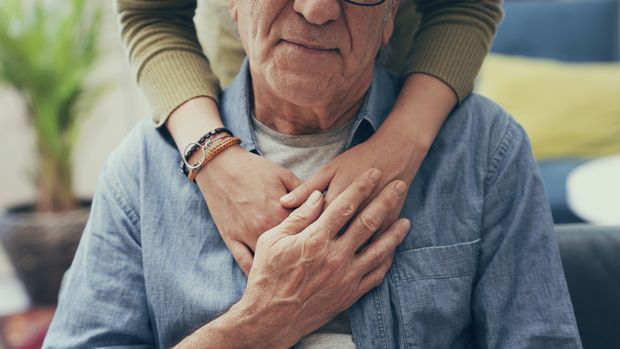When people think of smoking and its link to cancer, the first thing that may come to mind is lung cancer. But what many people do not realize is that tobacco use is the single most important known risk factor for bladder cancer. According to the American Cancer Society, smokers are at least three times more likely to get bladder cancer than nonsmokers.
Why Smoking Causes Bladder Cancer
There are more than 7,000 different chemicals in tobacco and tobacco smoke, with more than 70 of them known to cause cancer. When smoking, these chemicals are absorbed into your blood, passed through your kidneys and collected in your urine. While urine sits in your bladder waiting to be expelled, the bladder is exposed to these highly concentrated chemicals, often for hours at a time. These chemicals can damage the lining of your bladder, increasing your risk of developing cancer.
When identified at an early stage, bladder cancer can be highly curable. There is currently no routine screening for bladder cancer available, so it’s important to watch out for its symptoms. This is especially critical if you currently smoke or were previously a smoker to ensure you catch bladder cancer as early as possible.
Bladder Cancer Symptoms
Some symptoms of bladder cancer include:
- Blood in the urine
- Frequent or burning urination
- Feeling the need to urinate, but unable to pass urine
- Feeling the need to urinate many times throughout the night
- Back pain
Early detection allows doctors to remove small tumors using minimally invasive endoscopic surgery. Bladder cancer can also be treated with chemotherapy, immunotherapies, more invasive surgical procedures and medications.
With the increased risk to smokers of developing bladder cancer, efforts towards smoking cessation is critical to try to prevent this disease. Over time, many former smokers’ risk of bladder cancer will decrease after they have quit smoking.
If you develop any bladder cancer symptoms or are concerned that you may have an increased risk for developing bladder cancer, schedule an appointment with a urologist. If you would like more information about smoking cessation and what next steps you can take, schedule an appointment with your primary care physician.
Health Topics:








